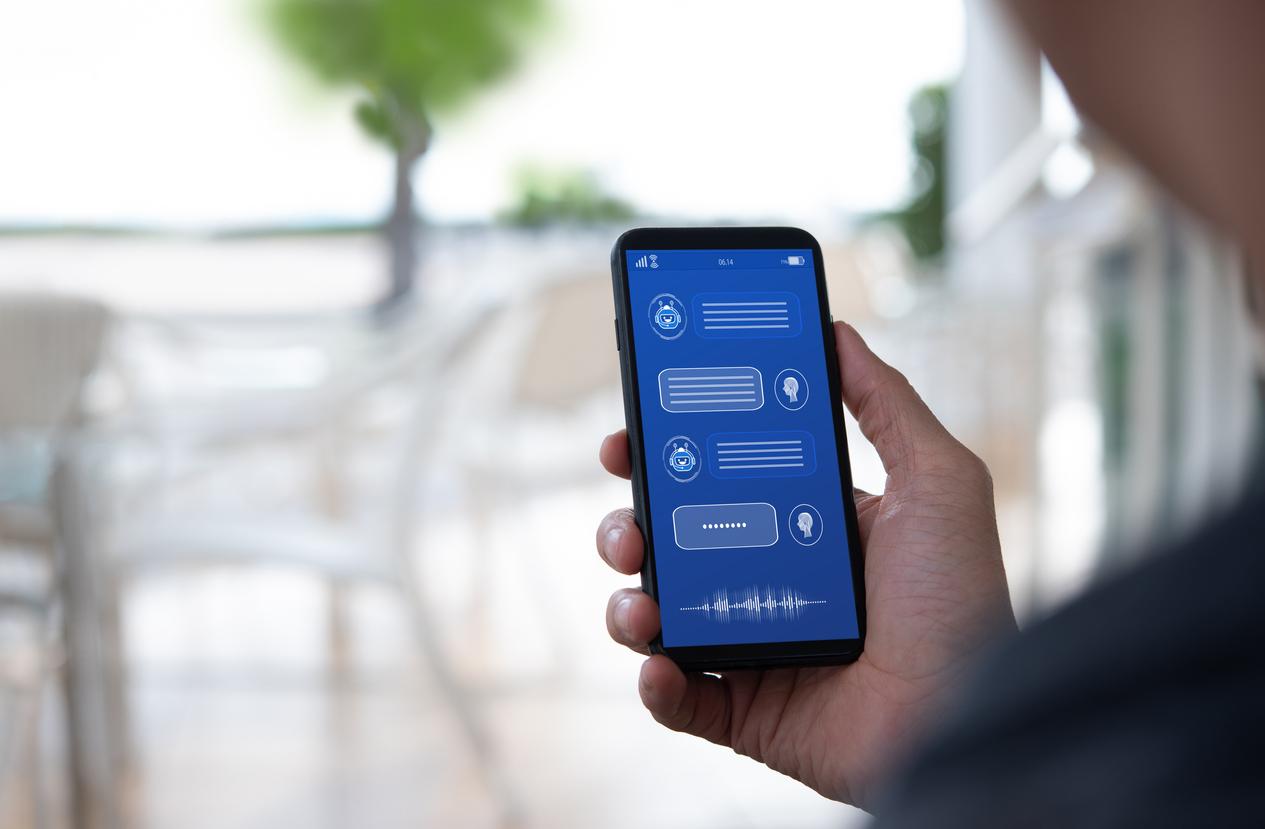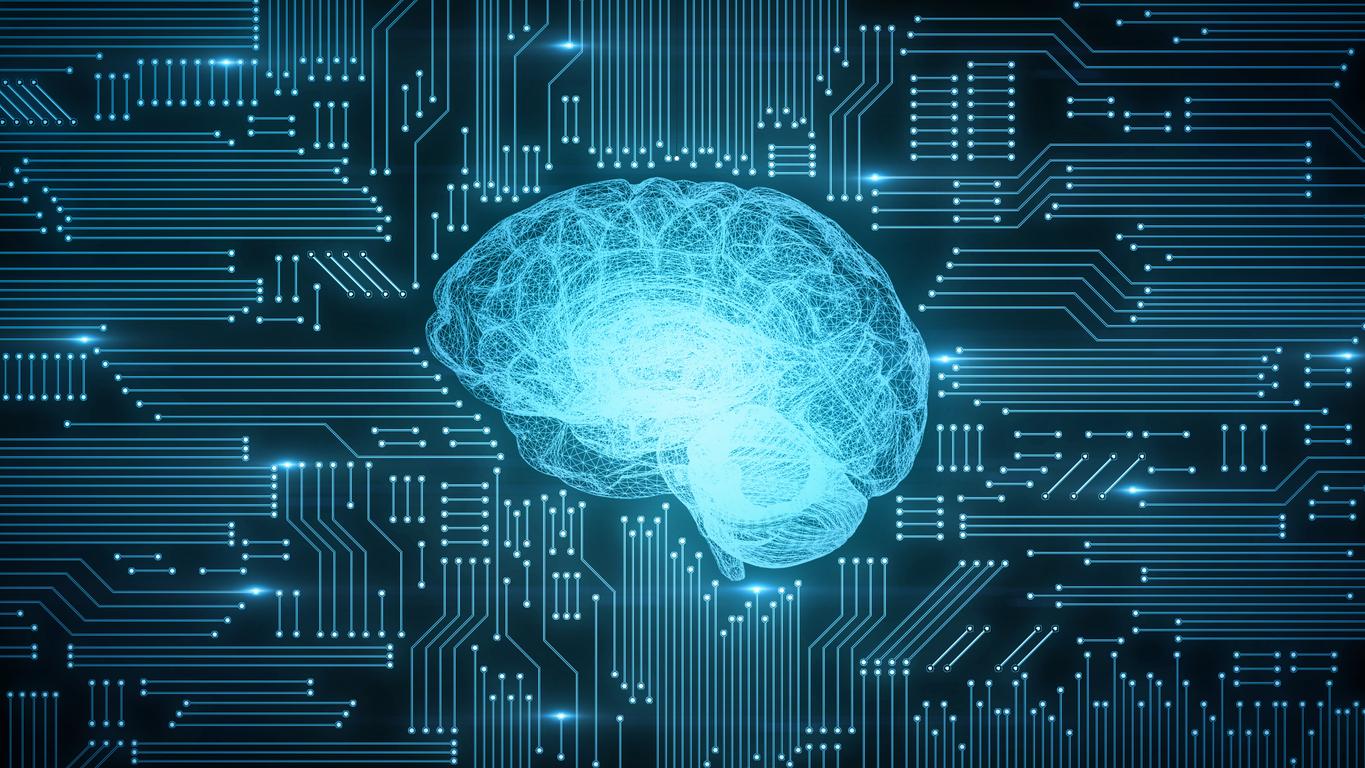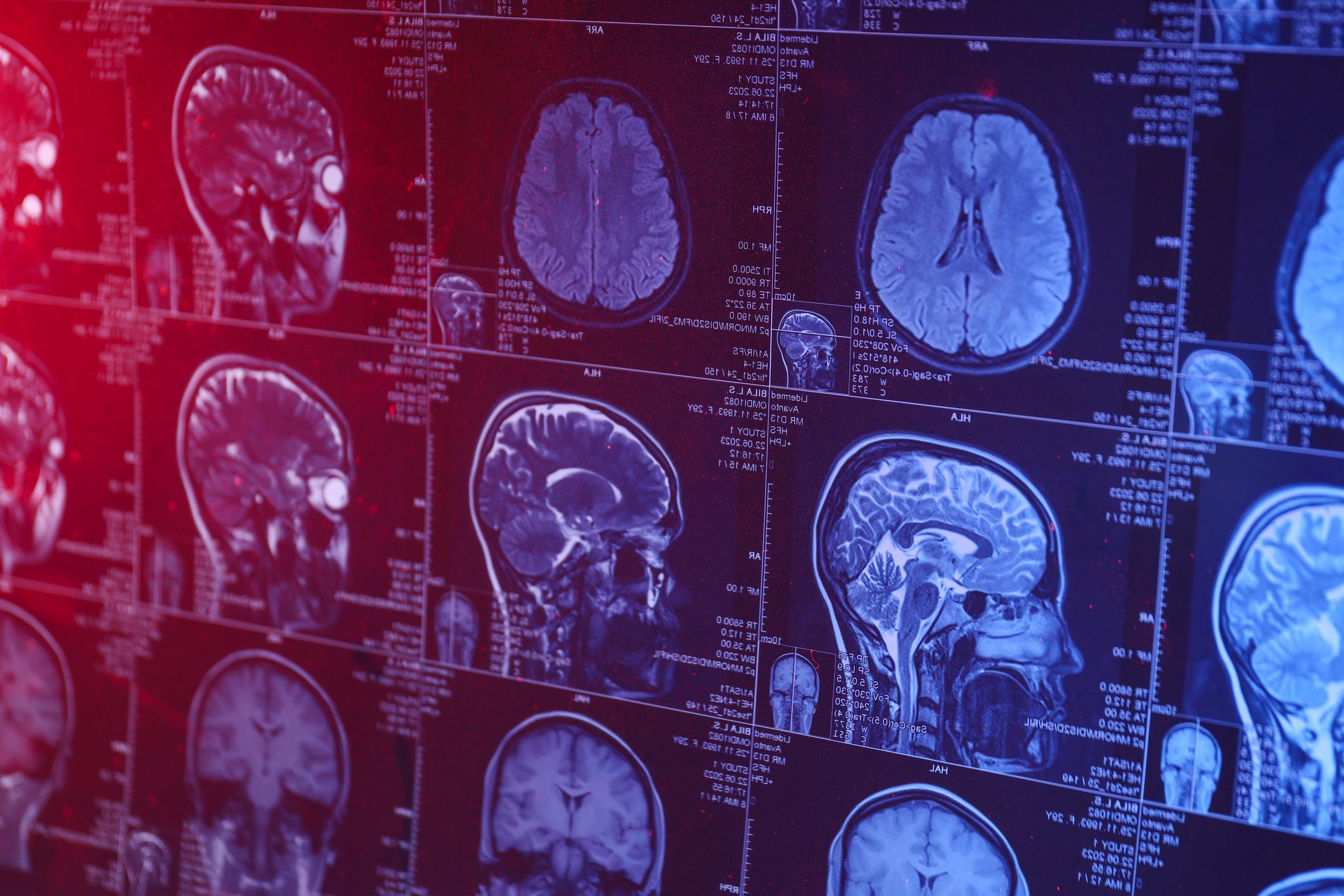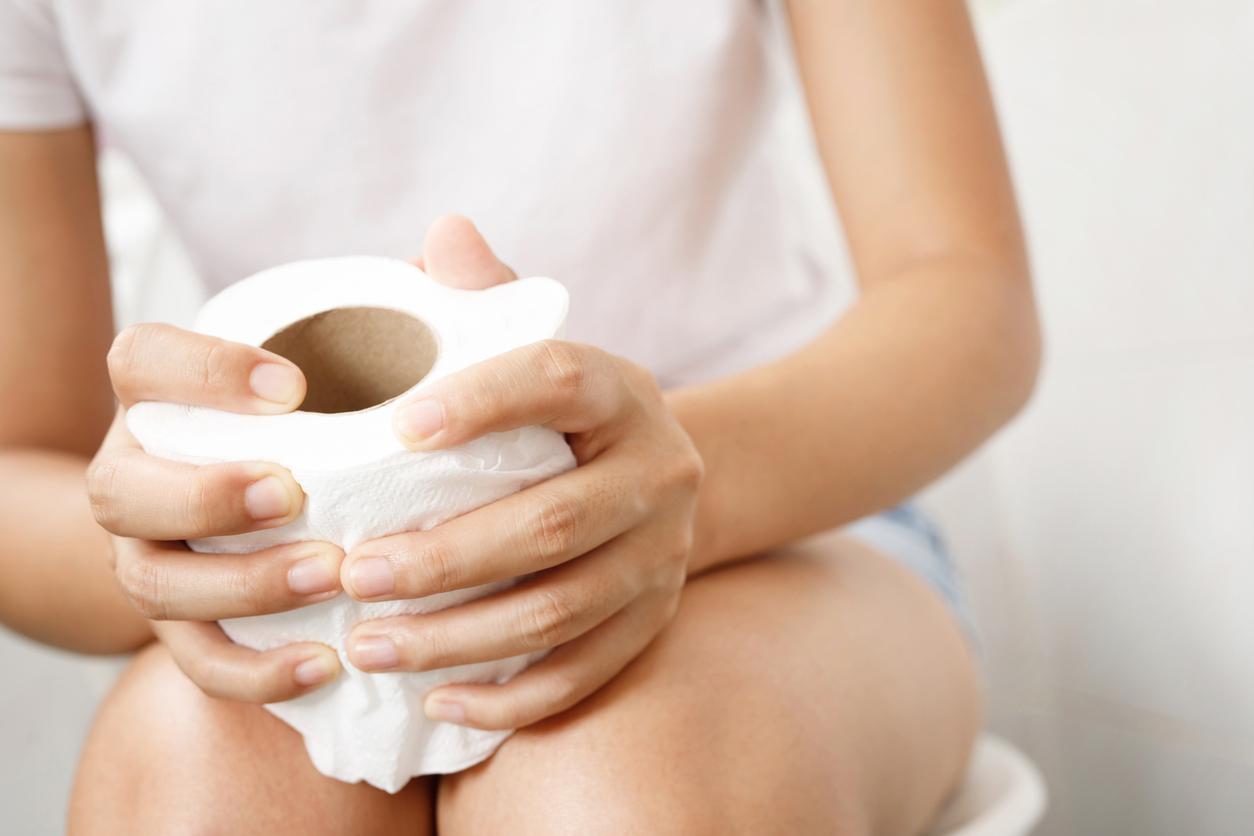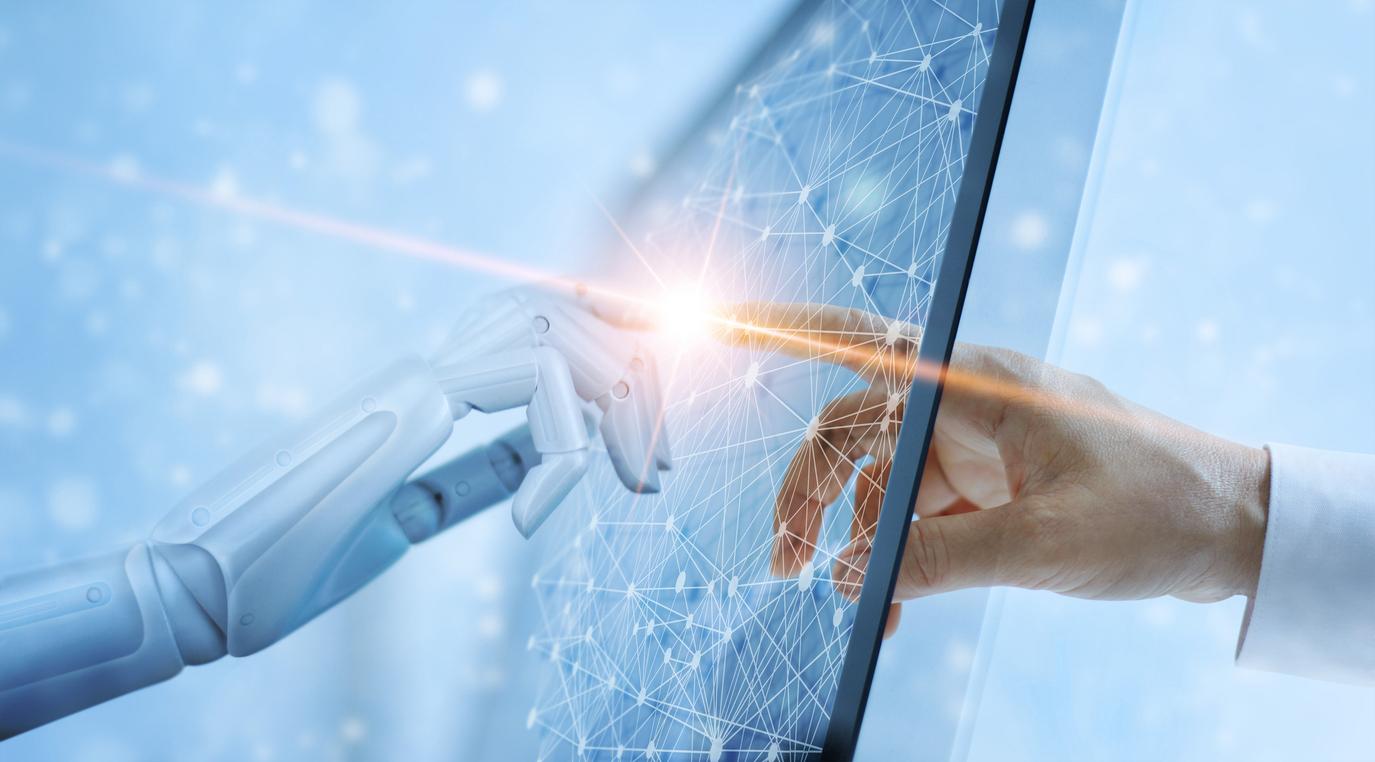The French prefer by far the human contact of health professionals.
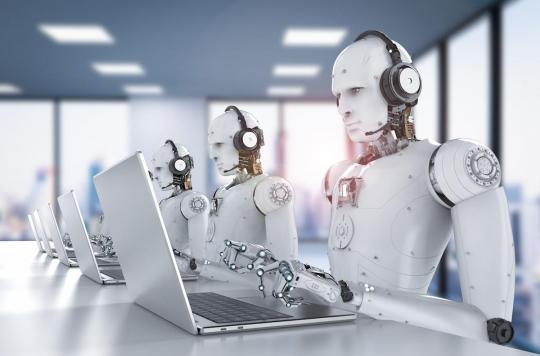
Medical technology is making more and more progress, but the French are wary of it, according to a new study of three epidemiologists from the University of Paris Descartes and the Hôtel-Dieu (Paris). The intervention of a doctor or other health professional remains essential for the majority of them.
Only 3% of patients would accept full automation
The tools offered to study participants were an analysis of photographs, connected sensors, a connected shirt and a robot, intended respectively to assess skin cancers, chronic diseases, physiotherapy care and life-threatening emergencies. 35% of respondents felt that they would not want to submit to one of these technologies, and 41% would only use them “if their use is controlled by a human being”. Only 3% of patients would accept full automation of all four processes.
Those resistant to artificial intelligence fear an “inappropriate replacement of human intelligence”, “significant risks of hacking” of personal data and “misuse of health data by third parties”. The most positive see it as the possibility “of improving their follow-up and the responsiveness of care”, of “reducing the burden of their treatment” and of “facilitating the work of caregivers”.
Make the most of technology
Arguments that we find about teleconsultations. Reimbursed since September, they are struggling to seduce in France. In eight months, 11,500 remote consultations have been carried out, while the government announced a target of 500,000 for 2019.
For the authors, their results demonstrate the need to better “take into account the perceptions and needs of patients”, to “make the most of technology without calling into question the human relationship in the medical act, creating an additional burden or interfere in the lives of patients”.
.









